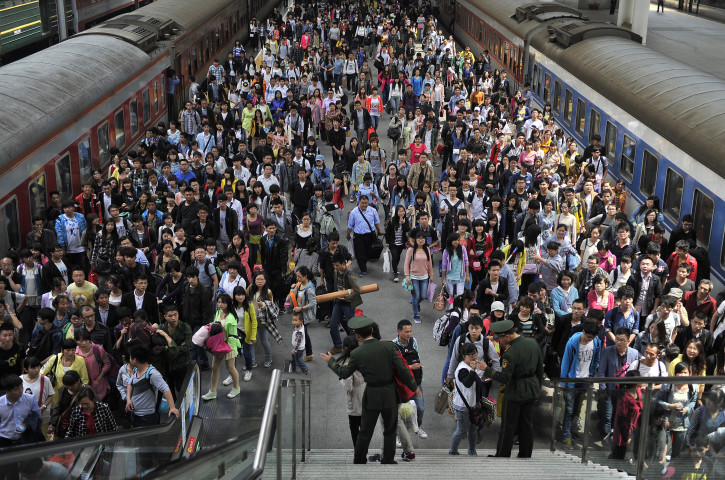
Until now, China has taken a top-down approach to urbanization, strictly regulating investment dollars, land usage, migration patterns, and regional prioritization. However, this thinking is based on a flawed understanding of the facts, argues Shanghai Jiao Tong professor Lu Ming in a recently released paper from the Paulson Institute’s think tank. In his paper, Lu grapples with many of the theories underlying China’s urbanization strategy and dispels several of them as myths. Here are five of his suggestions:
- China needs dramatic hukou system reform in large cities and very large cities. Liberalizing the hukou system, which restricts the ability of migrants to access public services, would mean less of a financial burden than previously thought, due to economies of scale in urban public services, including transportation and health care. Residential permits should be granted to those who are in pursuit of employment, not merely public services.
- China should allocate construction land quotas in accordance with population flow trends. Currently, rural migrants are forced to maintain residences in the countryside, since they cannot purchase homes in the city. Rural migrants should be allowed to give up their homes—effectively converting that land into new farmland—and obtain land use rights in their new urban locales.
- China’s transfer payment system should be shifted from supporting productive investment to supporting public services. With many migrant workers leaving town, local governments will struggle to provide public services to residents. By shifting focus to support investment in local public services, Beijing should promote the convergence of services across the country, potentially reducing the amount of rural labor flow that results from migrants’ effort to access developed public services.
- Economic growth and tax reform revenue should be deemphasized in the performance evaluation for government officials. Joint reforms of China’s land and hukou systems will inevitably require adjustments to the relationship between central and local governments. With labor flowing freely between regions, certain regions are bound to experience slower economic growth, meaning it will be necessary to deemphasize growth in evaluating performance.
- Scientific planning within large cities should be given more weight, thus helping to respond to the challenges of livability. Scientific forecasting of population growth will help cities rationally plan infrastructure and public services. Cities will thrive by increasing supply of public services, rather than by curbing demand through hukou controls.


